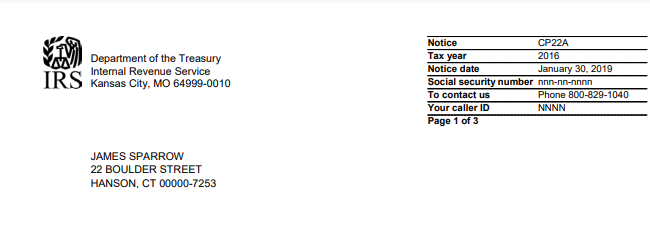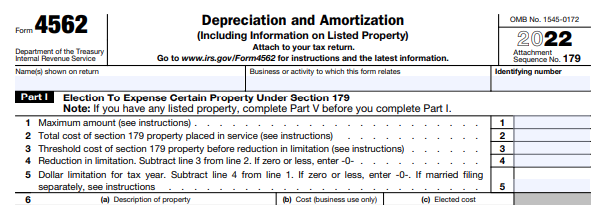The 10 percent early withdrawal penalty has been dropped for plans such as traditional IRAs, 401(k)s, SEPs and TSAs.
If you’re financially struggling due to COVID-19, there’s some good news: Congress has made it easier for you to access your retirement funds during this emergency as part of the CARES Act.
Normally, withdrawals from traditional IRAs and qualified plans such as 401(k)s, self-employed pension plans (SEPs) and tax-sheltered annuities (TSAs) are taxable when they’re withdrawn early and subject to a 10% early withdrawal penalty if withdrawn before you turn 59 and a half years old.
For the rest of 2020, you will be able to tap those accounts for up to $100,000 and avoid the 10 percent penalty, although the distributions will still be taxable. To qualify, you, your spouse or a dependent must have been diagnosed with COVID-19, quarantined, lost your job, had your hours reduced or are unable to work due to lack of childcare.
To ease the taxes on these distributions, you can choose to have distributions taxed by a third in 2020, 2021 and 2022. Or, if your income is very low in 2020, it might be better to tax a distribution entirely in 2020. You can make that decision when you file your 2020 tax return. You also have the option of paying the distribution back over a three year period.
Another available option is taking a loan of up to $100,000 from a qualified plan. (This doesn’t apply to IRAs). Congress has increased the maximum amount that can be borrowed from $50,000 to $100,000 through Dec. 31, 2020. Taking a loan avoids both the 10 percent early distribution penalty and the income tax on the distribution. However, it will have to be paid back over five years.
If you have a Roth IRA, you may be able to tap it without any tax or penalty liability at all, since the contributions were made with after-tax money. Therefore, there are no taxes or penalties when distributed. Contributions are distributed first to the extent of your original contributions, and that portion of the distribution is tax-free and penalty-free. However, there is a caveat: if you have previously converted a traditional IRA into a Roth IRA, the converted funds must remain in the IRA for five years after the conversion in order to avoid the 10 percent early withdrawal penalty. The first and last year of the five-year period do not need to be full years.
Luckily, the converted funds are distributed after the regular contributions. Of course, if you work your way down to the earnings, that portion of the distribution is taxable and subject to the 10% penalty if you are under 59 and a half years old.
The bottom line
You should only tap into retirement funds as a last resort — and if you must dip into these funds, limit the amount to what you actually need. You are not restricted to a single distribution, so you can take out funds as your need dictates.
Look for other sources of funds, such as home equity loans, reverse mortgages, insurance cash value, family loans, unemployment compensation or selling unused assets. If your business has been interrupted, you may qualify for an SBA loan.
Look for ways to limit your expenses. Many lenders are allowing loan payments to be deferred and tacked on to the end of the loan. Certain auto financing institutions and auto dealers are allowing payments to be deferred and waiving late fees. Some landlords are reducing rents during the crisis. In some regions, evictions have been suspended for a period of time.
Looking for other COVID-related financial news? View the latest updates.







